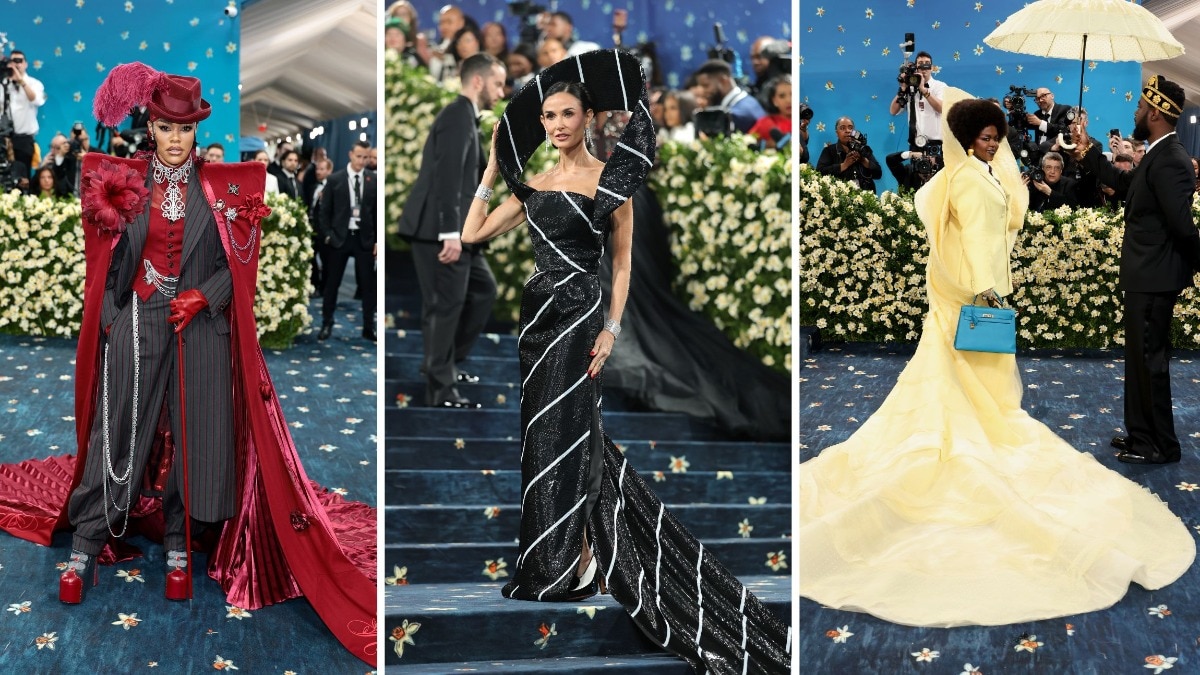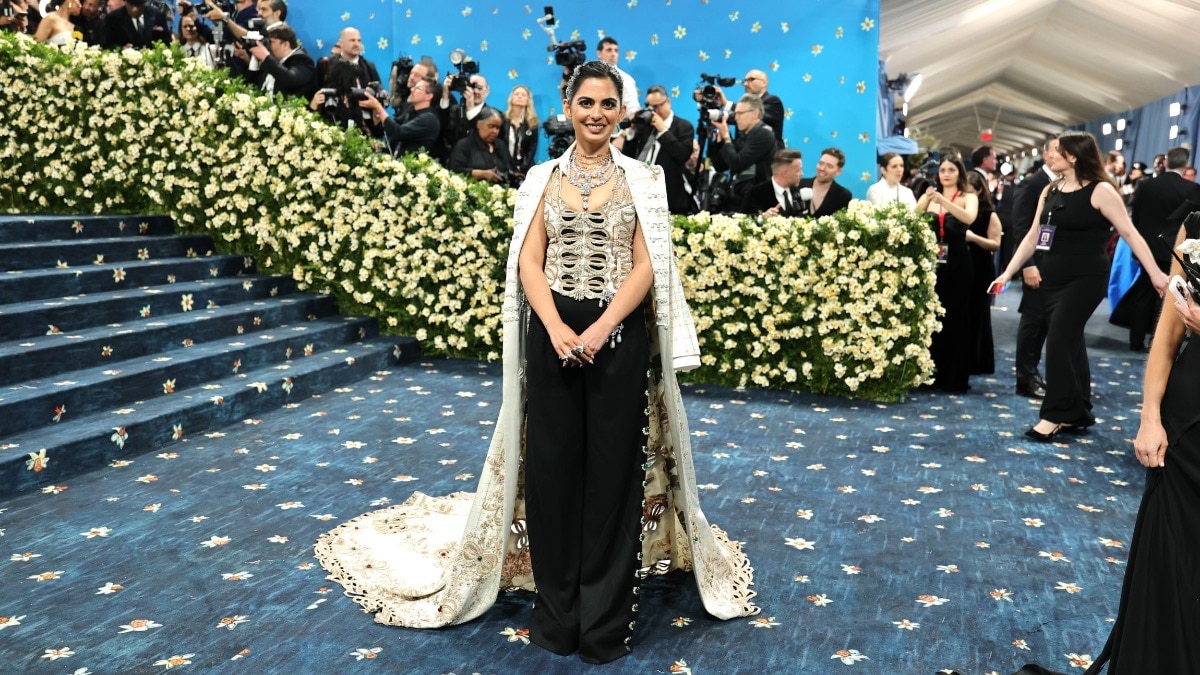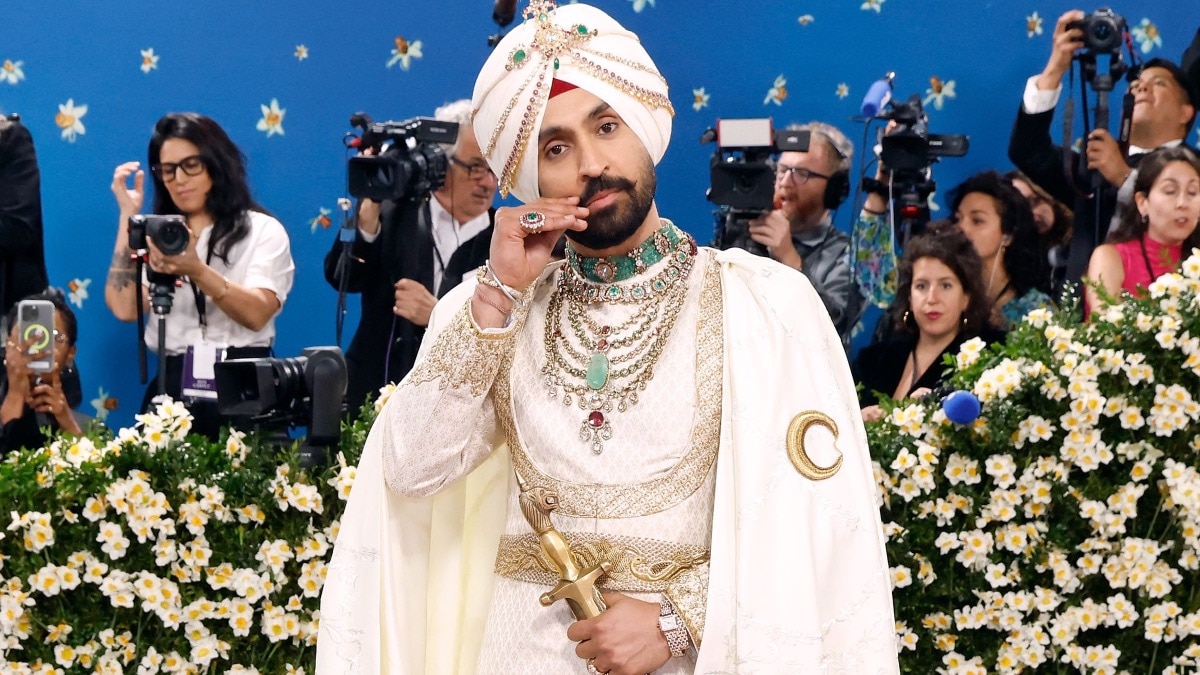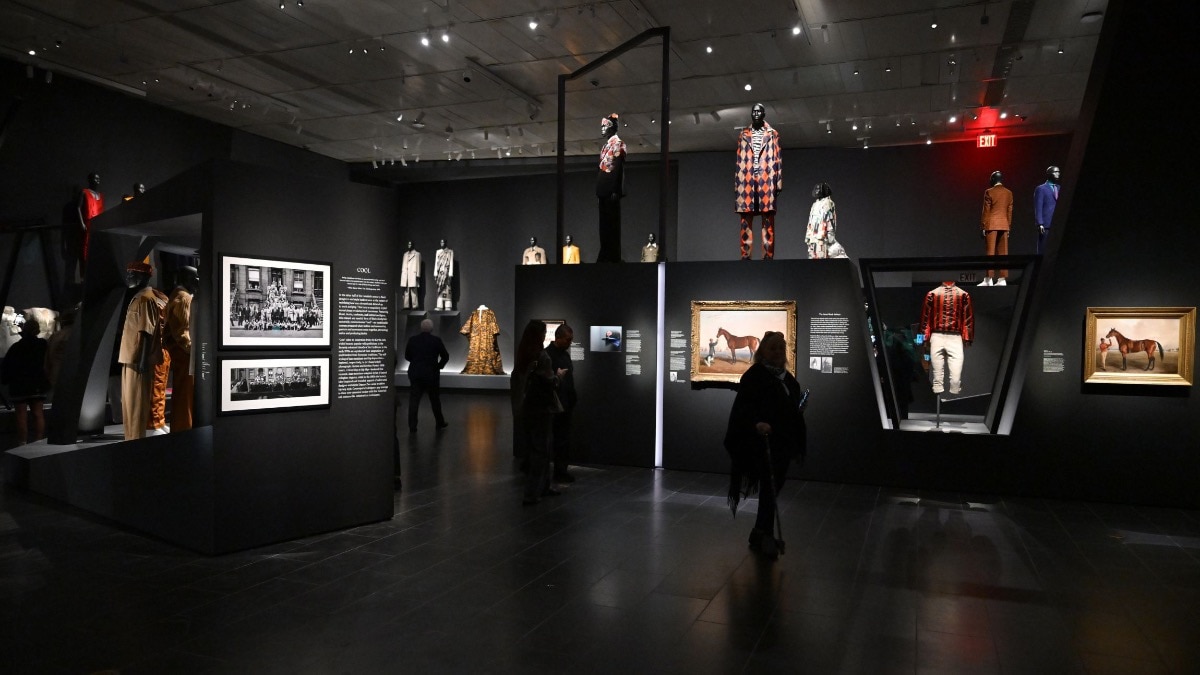
Situationships, terrible dates and bad behaviour—is it any wonder people are leaving dating apps?
A recent survey from Ofcom found that numbers on matchmaking platforms such as Tinder, Hinge and Bumble are down for the first time.

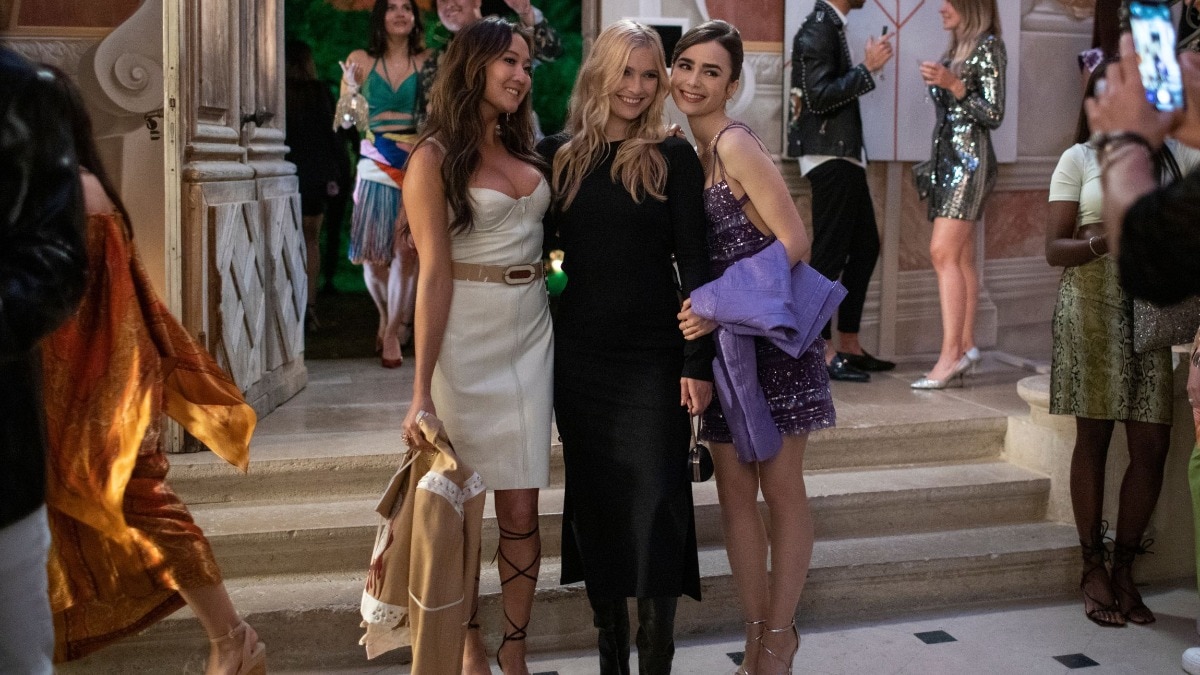
It was a dire state of affairs. I was sat with my boyfriend’s sister, splitting a second bottle of Sauvignon Blanc in a dark bar on a dreary Tuesday night while we spooled through her latest dating app matches. None of them particularly lit a fire in her loins. The chat with the guy who worked in sales was fine, but a bit bland; the tall barista from Australia started making explicit jokes far too quickly; the date with the bartender was fun but his idea of witty repartee—an in-depth lecture on cryptocurrency—made her want to scream. As we both swiped through profile after profile, all filled with the same dull prompts (who doesn’t enjoy a roast and a walk on a Sunday?) she pulled the same face of anxious irritation (gritted teeth, slight squint) I’ve come to recognise in her brother.
“I’m just so over this,” she said, dropping her phone on the table. “This can’t be the best way to find someone.”
She’s not alone in her despair with app dating; a recent survey from Ofcom found that, for the first time since their inception, the number of people on matchmaking platforms has now fallen. Instead, people are seeking to move away from the digital dating realm, hoping to start meeting suitors in real life.
I don’t want to be seen entirely doing dating apps down; Tinder and the numerous platforms that followed in its footsteps are responsible for bringing together people who may have never otherwise crossed paths. A 2023 study found that one in 10 people in committed relationships found their partner digitally. Even from personal experience, I’ve had some success on dating apps—I met my boyfriend on Hinge earlier this year and we’re happy. However, when we both hear about the experiences of friends and loved ones, we privately feel as if we made it onto the last chopper out of Saigon, watching others flounder in the increasingly bleak landscape.

While I was lucky enough to have found love, app dating, for the most part, left a lot to be desired. It was an exciting and novel concept, at first, swiping through scores of men. I remember the exciting, quick rush of dopamine I’d get from someone matching with me. It’s heady and addictive, my increasingly gluttonous ego well and truly fed as I organised countless dates. The weekend wilderness you often face in singledom, fretting about how you might spend your Friday or Saturday night, was no longer a problem. There was seemingly an infinite resource of people eager to meet you—a million chances to fall in love.
This way of thinking quickly wore off, as did the thrill of using the apps. It soon became apparent that a match did not always lead to a date, or even anything remotely close—some men became pen friends, clearly looking for someone to chat with for the evening before vanishing, never to be heard from again. Those matches that manage to transcend the digital sphere into the real world often became endurance tests once I realised there was no spark. The act of finding someone became boring and cyclical—we matched, we chatted, we moved on—repeat ad nauseum.
Apps have been so revolutionary to the dating landscape that an entire new language has been developed in order to describe the digital behaviours that have now become commonplace; ‘ghosting’, ‘breadcrumbing’, ‘cuffing’ and ‘situationships’ are common parlance, with poor conduct generally accepted as the norm and directionless, purposeless dating a standard.
I know that my experiences of dating apps are pretty mild compared to others (some friends have faced genuinely abusive and disturbing encounters with those they’ve met online). And while the apps aren’t entirely responsible for bad dating etiquette (people have treated others poorly since the dawn of time), they can help to facilitate it. The seemingly endless options, presented on a screen, give the paradox of unlimited choice. It’s somewhat dehumanising—we can stop seeing that behind profile is a person with thoughts and feelings. Instead, they are seen as a stepping stone, a plot point, or a means to an end. We joke about their ‘icks’, filter out certain heights or viewpoints, to try and craft a superficial idea of our perfect partner without truly considering the person beneath it all.
It's easy to forget that falling in love is a brave endeavour. Putting your heart on your sleeve and opening yourself up to pain, particularly if you have been hurt before, takes an exhausting amount of courage. The quick-fix, short-term and perfunctory nature of apps can cheapen that effort. It can reduce the fun and exciting part of dating—meeting someone new, learning about their foibles and creating shared memories—into joyless swiping.

It's little wonder that, after over a decade of digital dating, younger singletons are erring towards IRL meet-cutes, with TV shows such as Netflix’s One Day seeing scores of people yearn for ‘slow-burn romances’ and authentic connection that just isn’t cultivated through a screen. While speed dating and singles events fell out of favour in the noughties, there are now newer, cooler iterations of these events that are becoming increasingly popular. The Bored of Dating Apps group, stylised as BODA on social media (with more than 60,000 followers on Instagram), regularly hosts meet-ups for people looking for love in cities all over the world. Since its inception in 2022, the group has seen 11 proposals and even one baby from pairs who have met at its events.
Of course, there is no guaranteed way to find love, be it on an app or in a bar on a Friday night. But at least meeting up in person can finally put the humanity—and the joy—back in the world of dating that digitalisation has made so dreary.
All images: Netflix
Also read: Playing it cool or playing it safe? Here’s why we’re afraid to love out loud
Also read: Why is it so difficult to make new friends as an adult?







